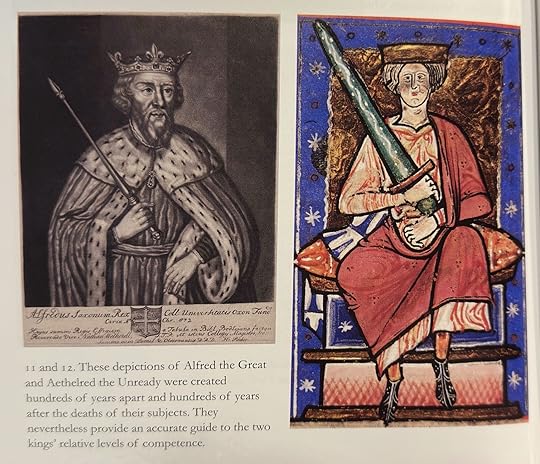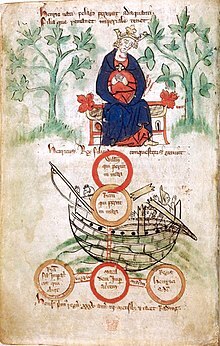What do you think?
Rate this book


431 pages, Hardcover
First published September 27, 2023
“They were both twats. They may not have been able to help being twats – the mores and values of their times and of their class may have made them twats. But they were twats and terrible things happened as a result.”
*








The massive year 1066 - the most famous in English history and the inspiration for a million guessable PINs - is dominated by - NOT MINE! - is dominated by the brilliance and luck of William of Normandy.